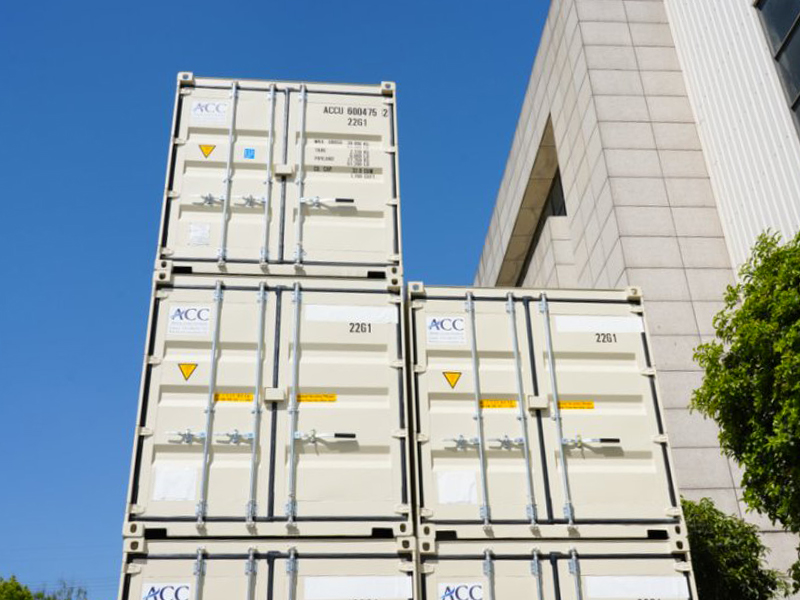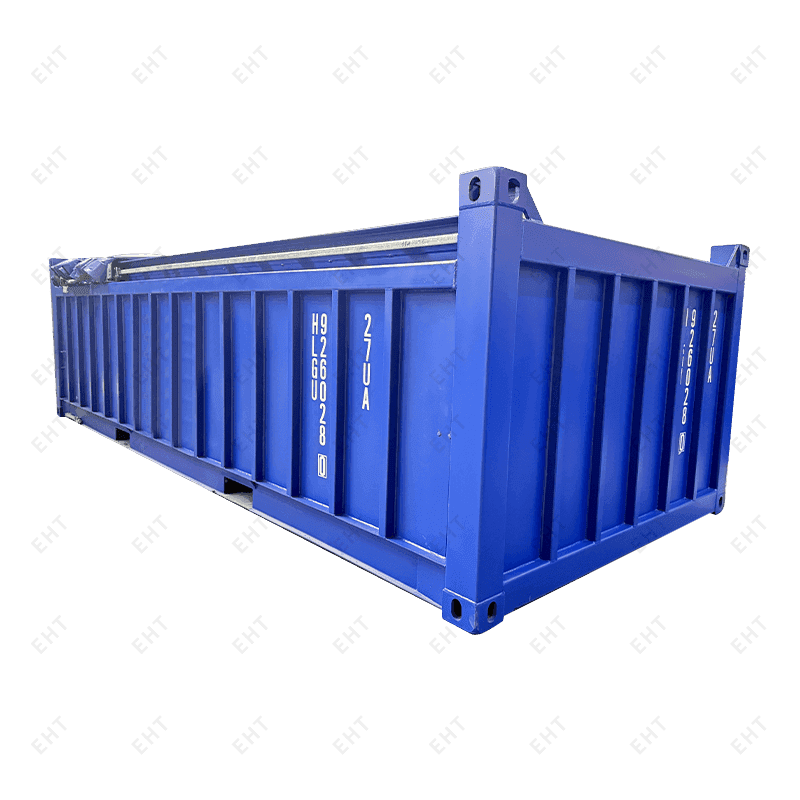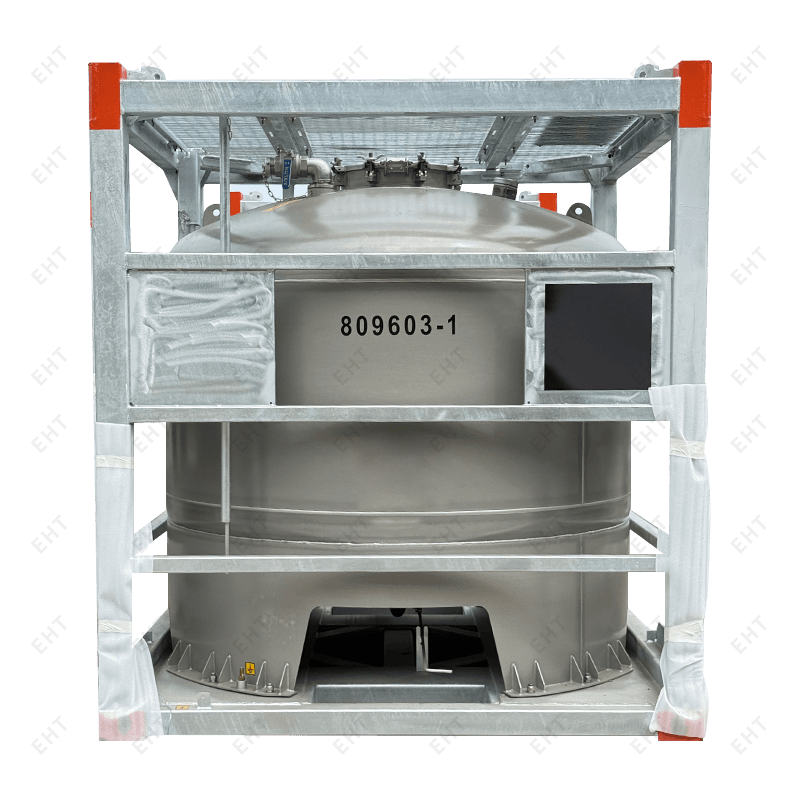The image of a standard steel shipping container – robust, utilitarian, ubiquitous in ports worldwide – doesn't immediately evoke thoughts of comfortable living. Yet, these very boxes are undergoing a remarkable transformation, emerging as a dynamic and innovative solution in the realm of accommodation: the Accommodation Container.

From Cargo to Comfort: The Transformation
Accommodation containers begin their life as standard ISO shipping containers, typically made from durable, weather-resistant Corten steel. The magic lies in the conversion process. Once retired from hauling goods, these steel structures are meticulously modified:
-
Insulation: Critical for comfort, high-performance insulation (like spray foam or rigid panels) is applied to walls, ceilings, and floors, creating a thermal barrier against extreme heat and cold.
-
Interior Framing & Lining: A secondary frame is built inside, allowing for wiring, plumbing, and the installation of interior wall linings (drywall, plywood, or modern finishes).
-
Utilities: Electrical systems, lighting, plumbing for bathrooms and kitchens, and HVAC (Heating, Ventilation, and Air Conditioning) systems are installed.
-
Finishes: Floors (laminate, vinyl, tile), walls, ceilings, windows, doors (both external and internal), and all fixtures and fittings are added, creating a fully functional interior space.
-
Customization: Windows and doors are strategically cut into the steel walls. Configurations can range from simple single units to complex multi-container structures stacked or joined side-by-side.
Why Choose Accommodation Containers?
The rise of accommodation containers isn't just a trend; it's driven by compelling advantages:
-
Speed of Deployment: Prefabricated modules can be constructed off-site and rapidly transported and installed, significantly reducing on-site build time compared to traditional construction. This is crucial for urgent housing needs or temporary site offices.
-
Cost-Effectiveness: Utilizing a recycled steel structure provides a cost-efficient base. While customization adds cost, overall project expenses can be lower than conventional builds, especially for modular or temporary solutions.
-
Durability & Security: Built from marine-grade steel, these units are incredibly strong, weather-resistant, fire-resistant (when properly insulated), and inherently secure.
-
Portability & Flexibility: Designed for transport, they can be easily relocated as needs change. Their modular nature allows for endless configurations – single units, multi-story complexes, or interconnected villages.
-
Sustainability: Repurposing used shipping containers gives them a second life, reducing waste and the demand for new raw materials. They also lend themselves well to incorporating other sustainable features like solar panels or rainwater harvesting.
-
Versatility: The applications are vast:
-
Emergency & Temporary Housing: Rapid response shelters for disaster relief or refugee camps.
-
Workforce Accommodation (Man Camps): Secure, comfortable lodging for remote mining, construction, or energy project workers.
-
Student Housing: Affordable and quick-to-deploy campus accommodation.
-
Hospitality: Unique hotels, glamping pods, eco-lodges, and pop-up cafes.
-
Site Offices & Facilities: Offices, clinics, classrooms, labs, canteens on construction or industrial sites.
-
Social & Affordable Housing: Innovative approaches to urban housing challenges.
-
Backyard Studios & Home Offices: Popular for personal use as extra space.
-
Challenges and Considerations
While promising, accommodation containers come with considerations:
-
Insulation & Condensation: Achieving high thermal performance and preventing internal condensation requires expert design and installation of insulation and vapor barriers.
-
Structural Modifications: Cutting openings for windows and doors weakens the structure, necessitating careful engineering and reinforcement.
-
Size Constraints: The internal width (around 7.5 ft / 2.3m for a standard 20ft/40ft container) can feel narrow. Combining containers alleviates this but increases complexity and cost.
-
Regulations & Permits: Meeting local building codes for insulation, fire safety, plumbing, and electrical systems is essential and can vary significantly by location.
-
Transport Costs: Moving heavy steel units requires specialized equipment and logistics, impacting the budget.
The Future is Modular
Accommodation containers represent a significant shift towards modular, efficient, and often more sustainable construction. They challenge traditional notions of building, offering solutions where speed, flexibility, durability, and cost are paramount. As design innovation continues to overcome initial limitations and improve comfort, these steel boxes are proving they offer far more than just shelter – they offer a smart, adaptable, and resilient future for diverse accommodation needs worldwide. From remote work camps to trendy urban dwellings, the humble shipping container has truly found a new purpose as a cornerstone of modern living and working spaces.






